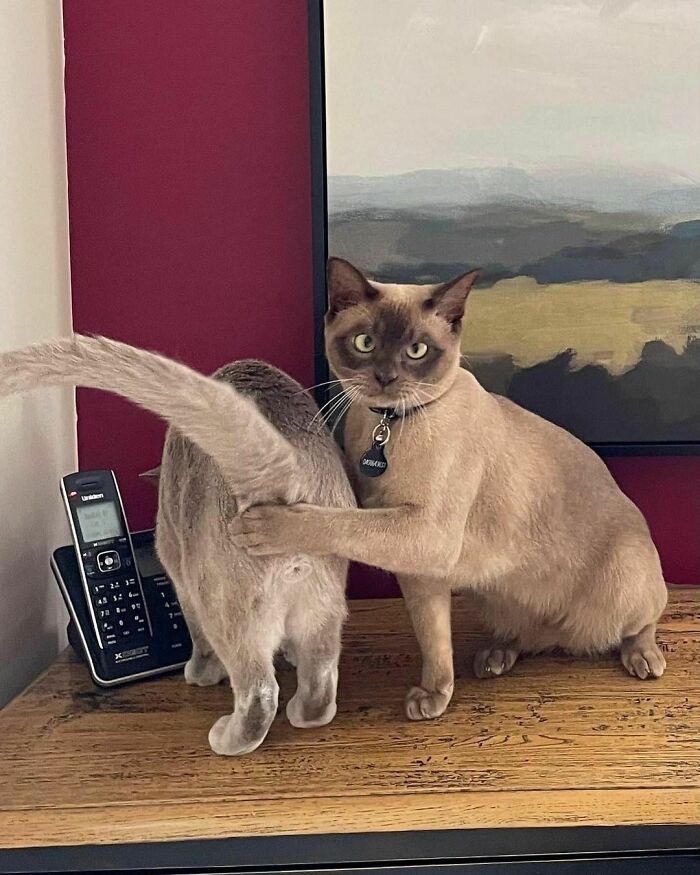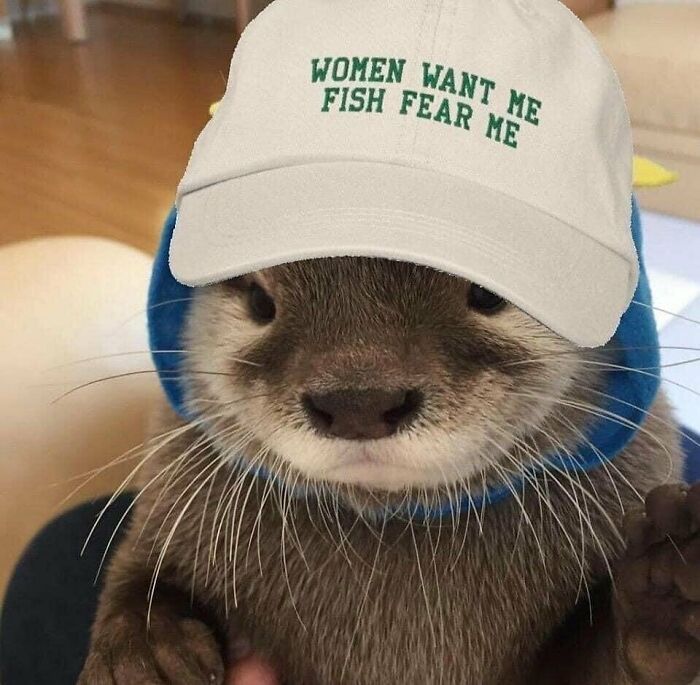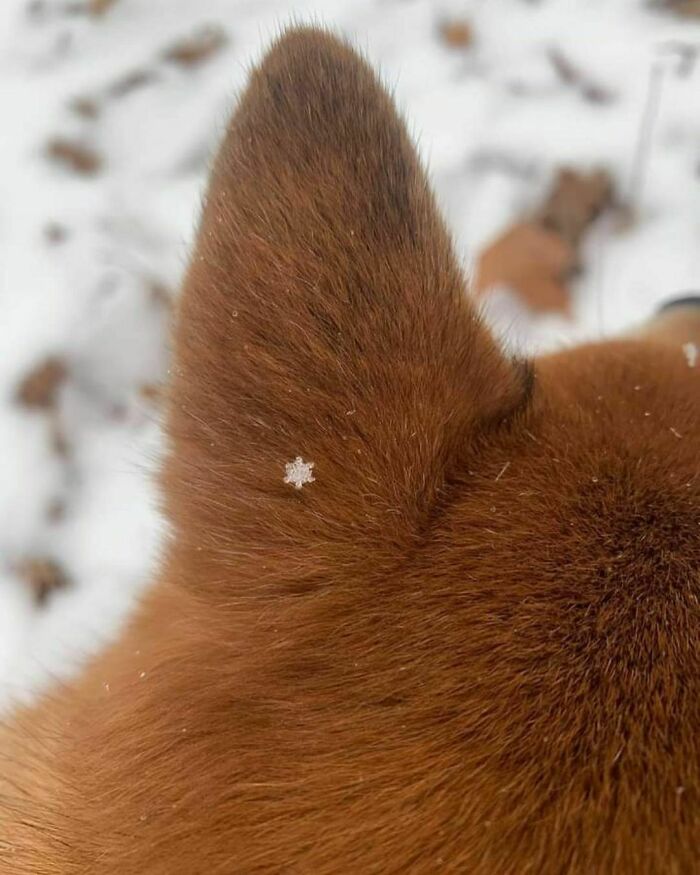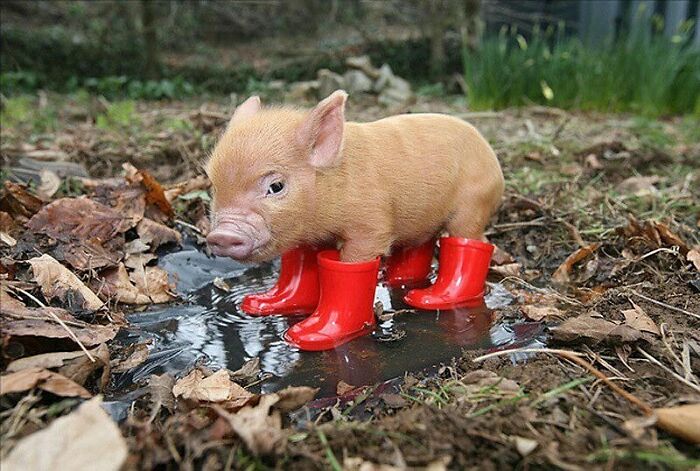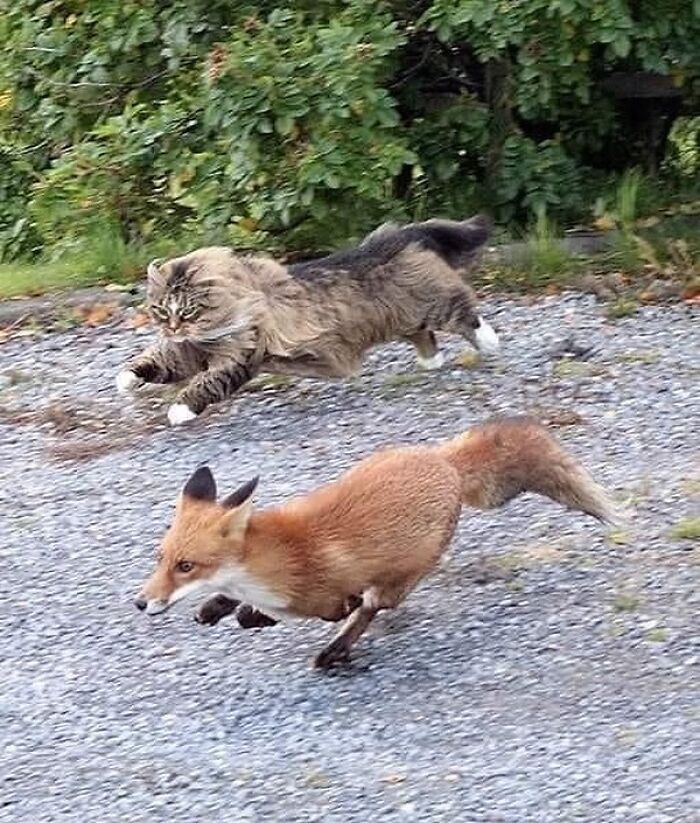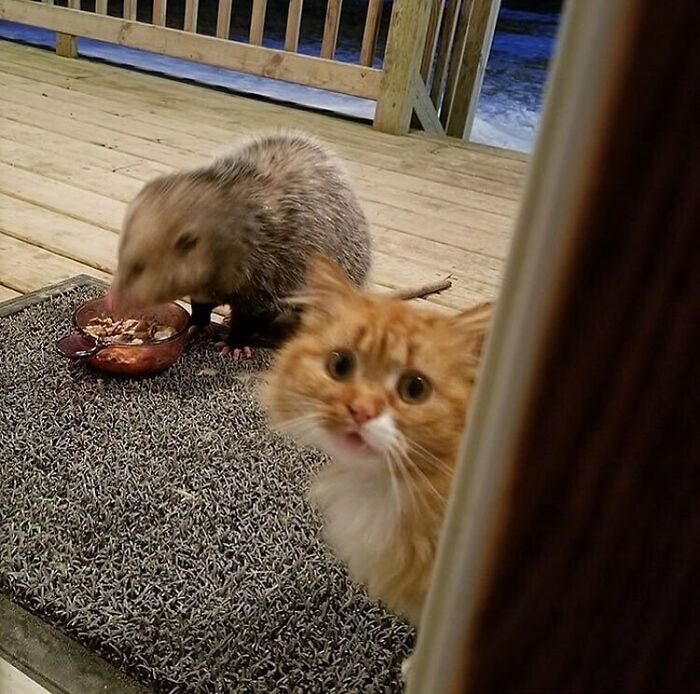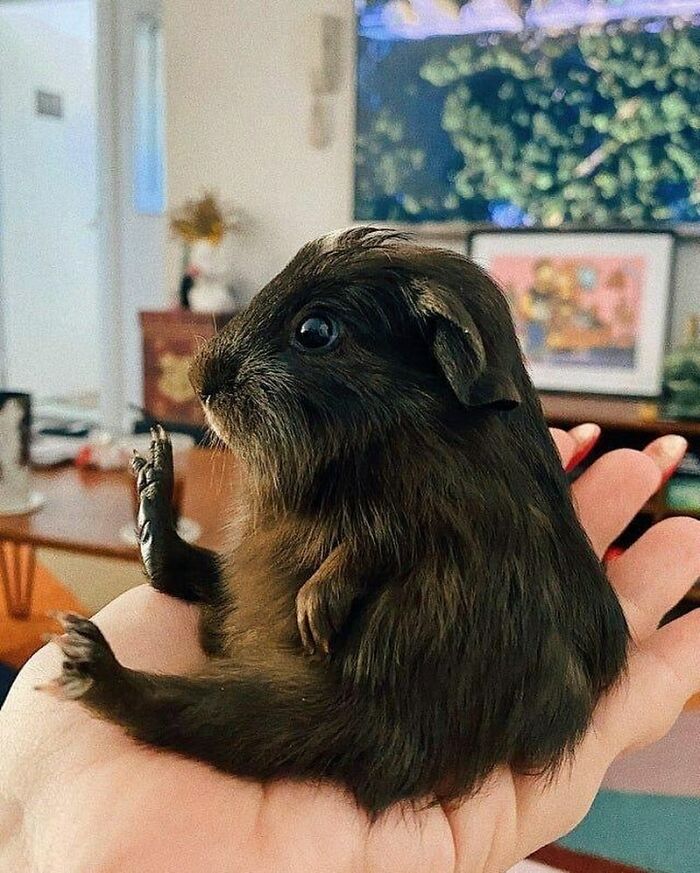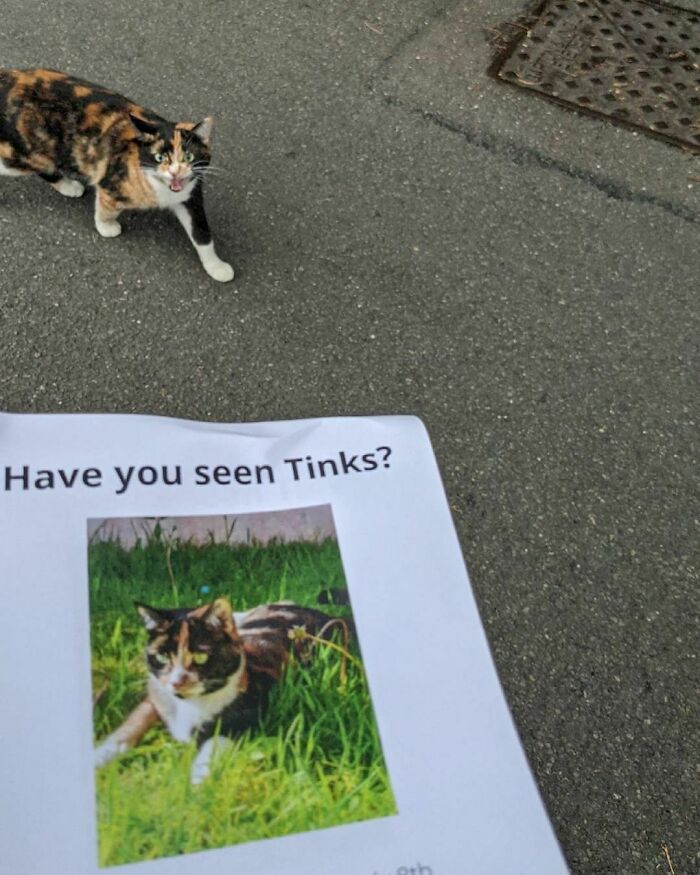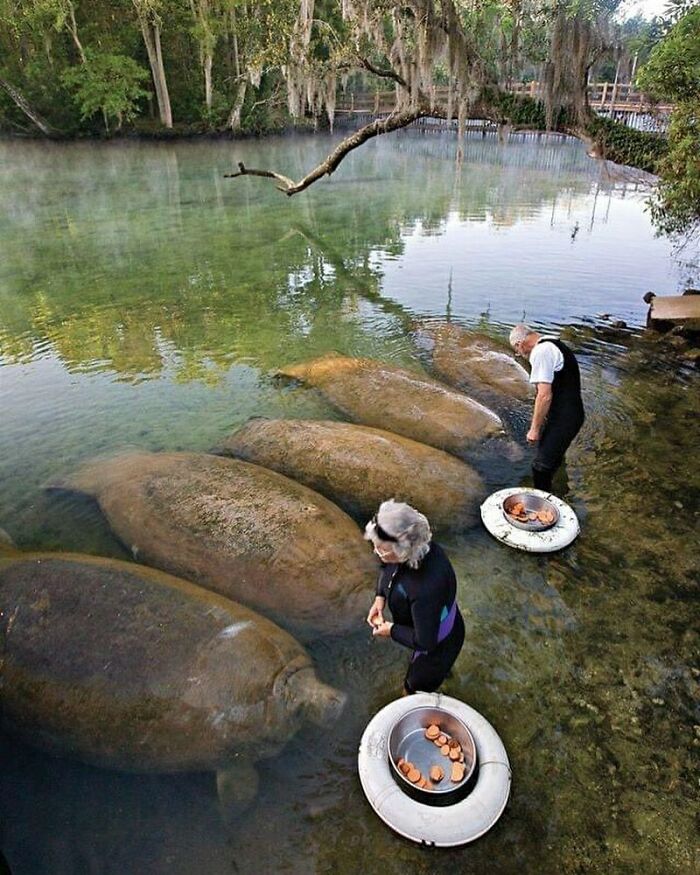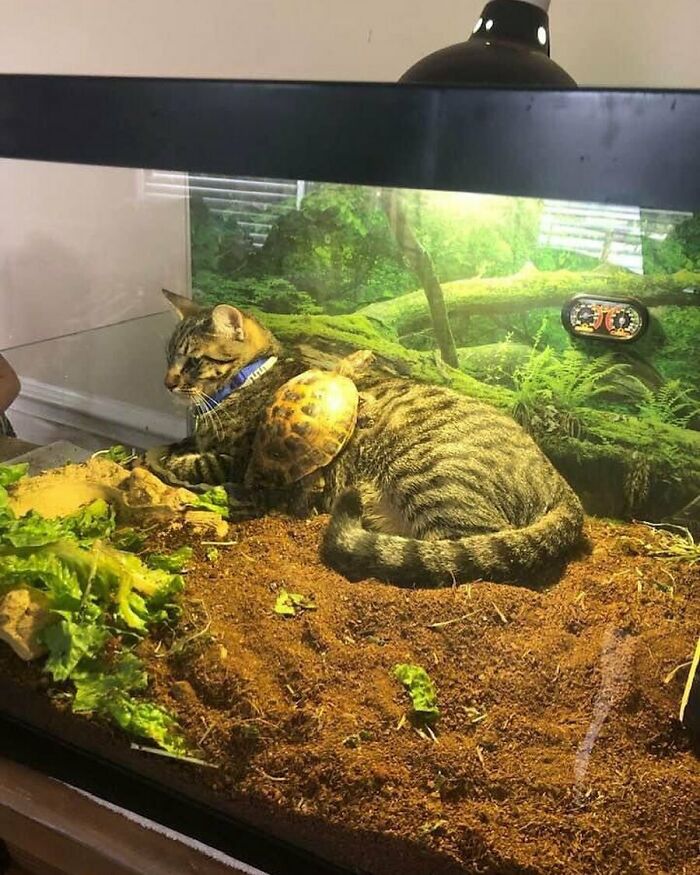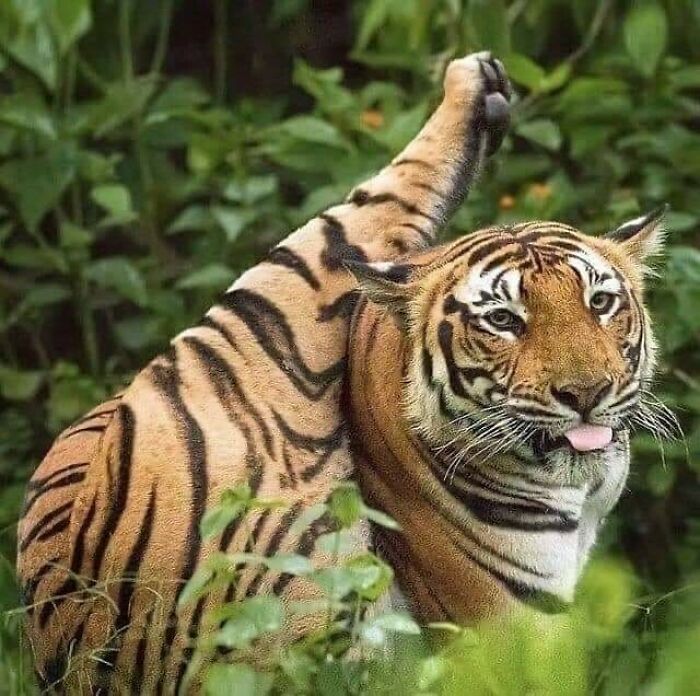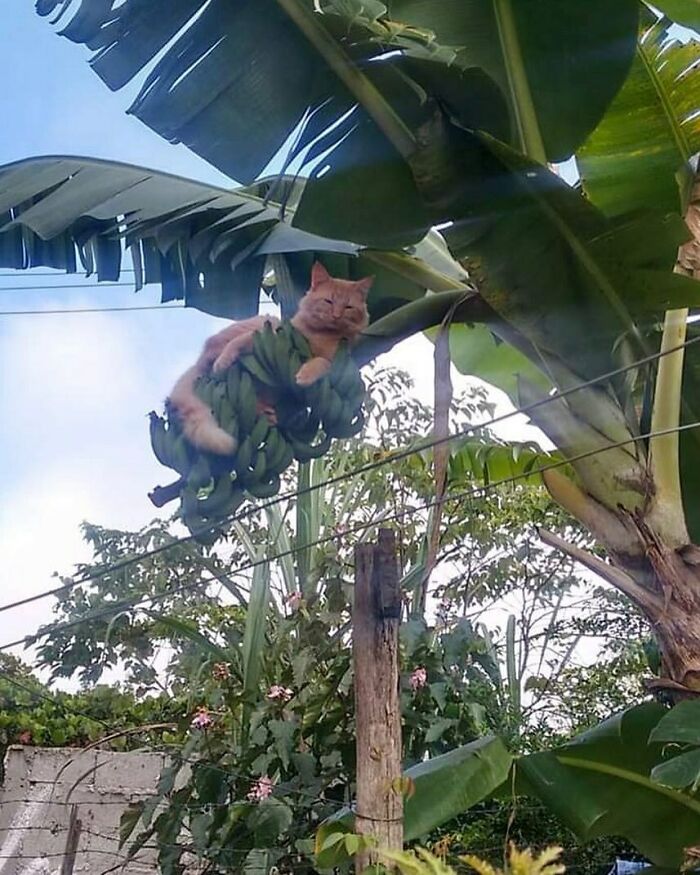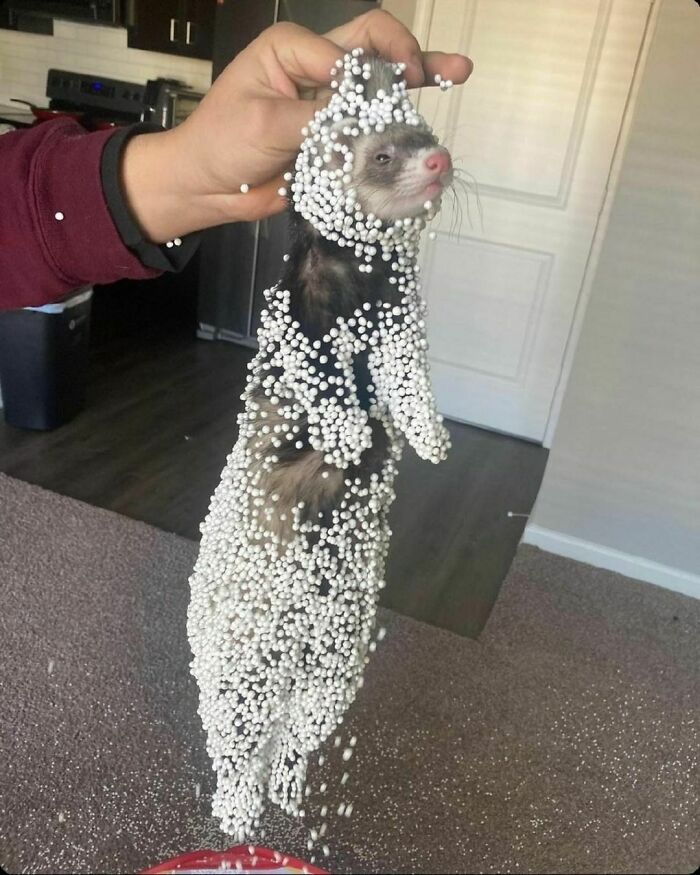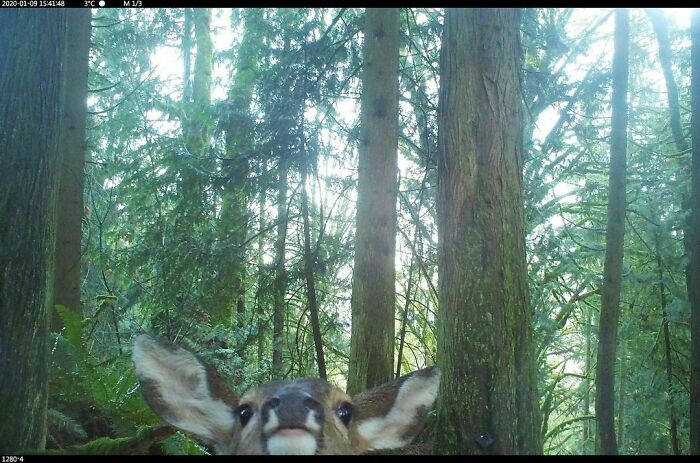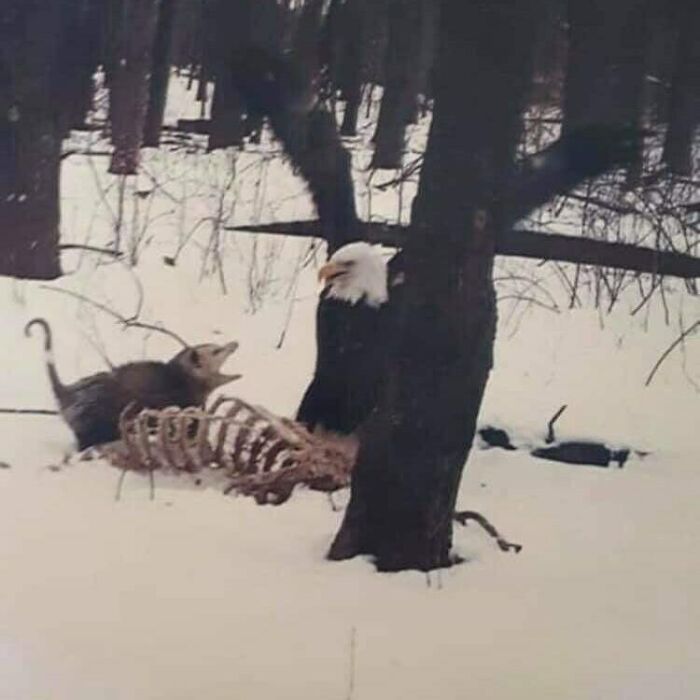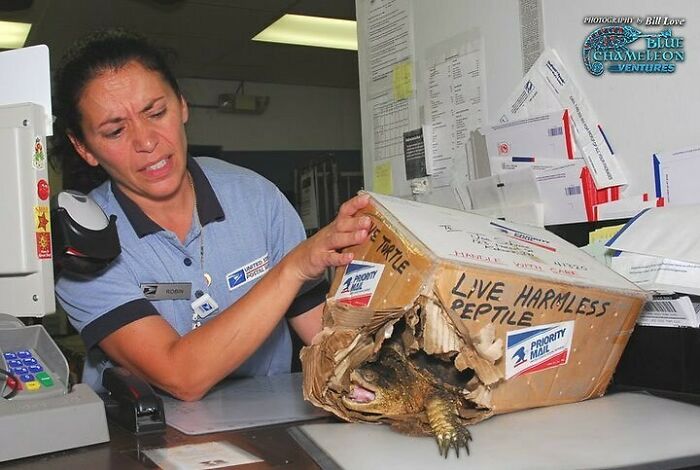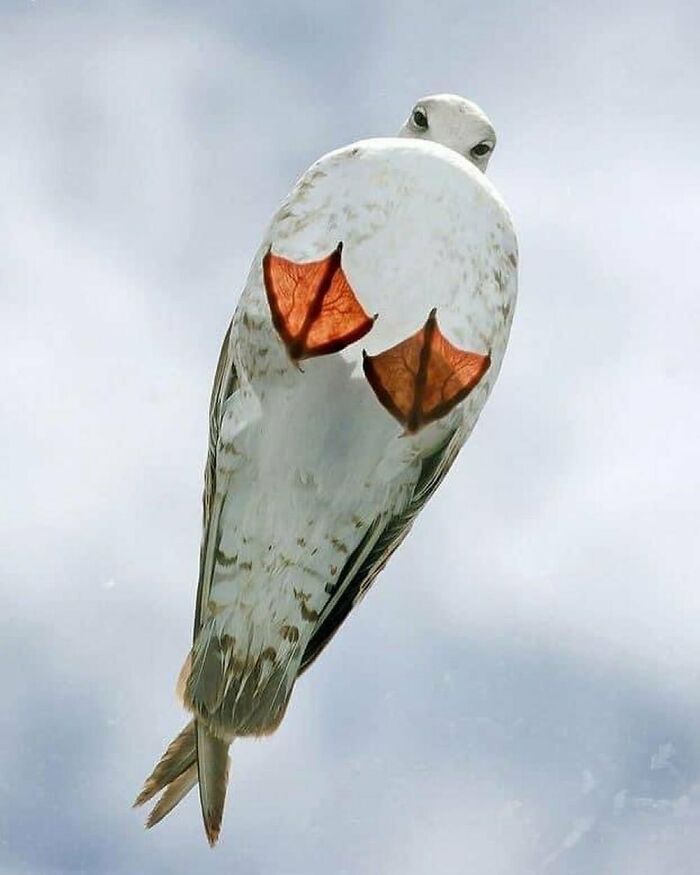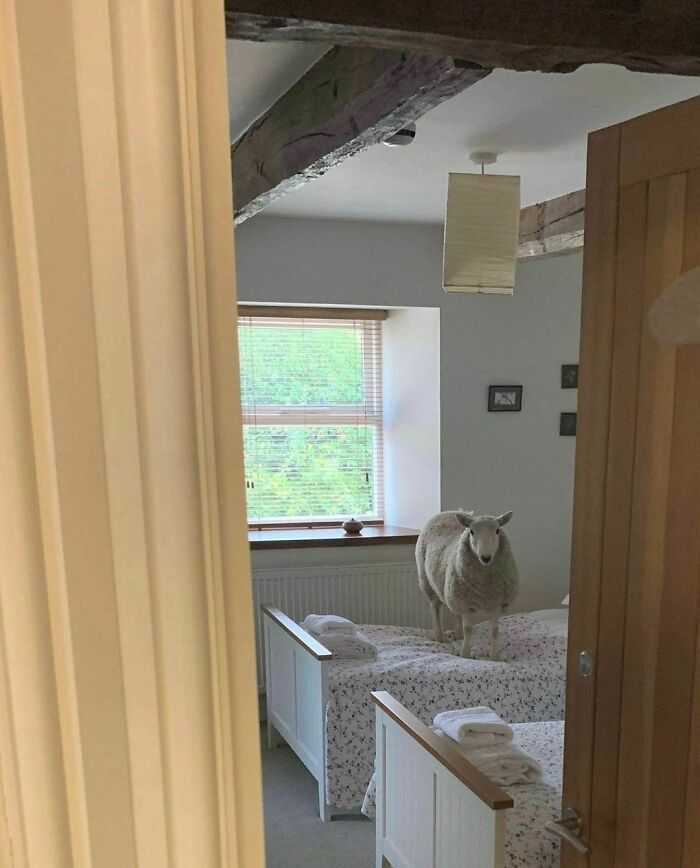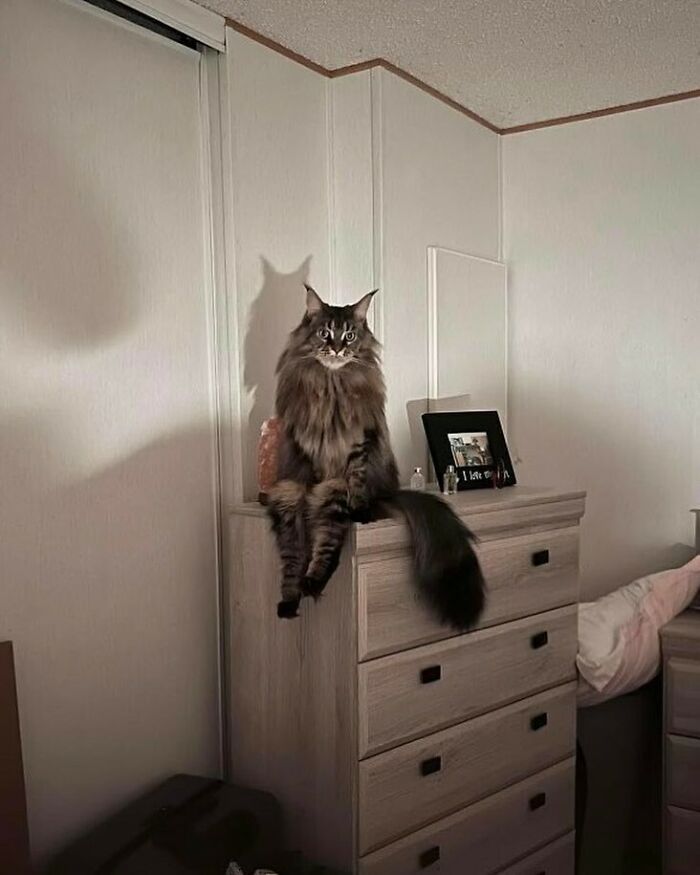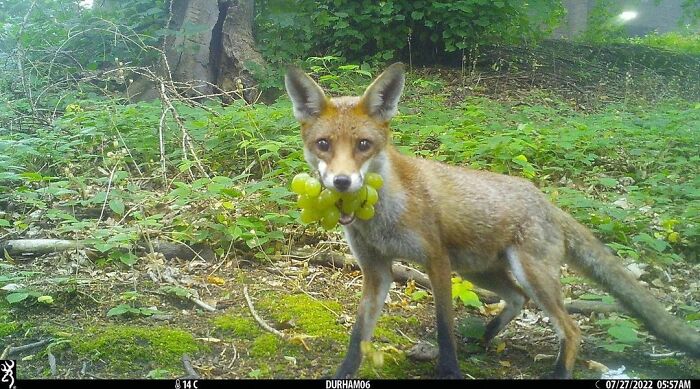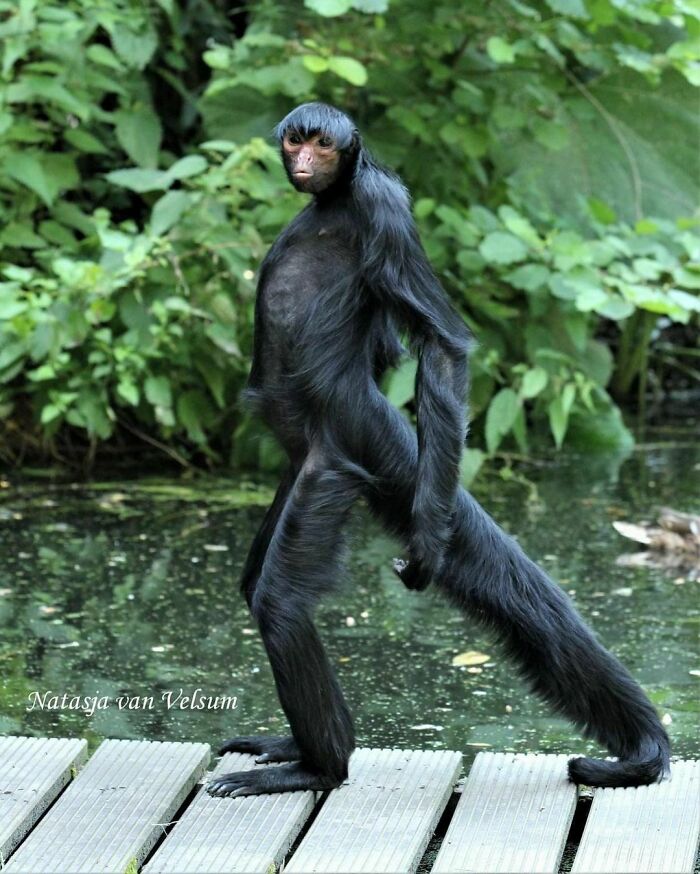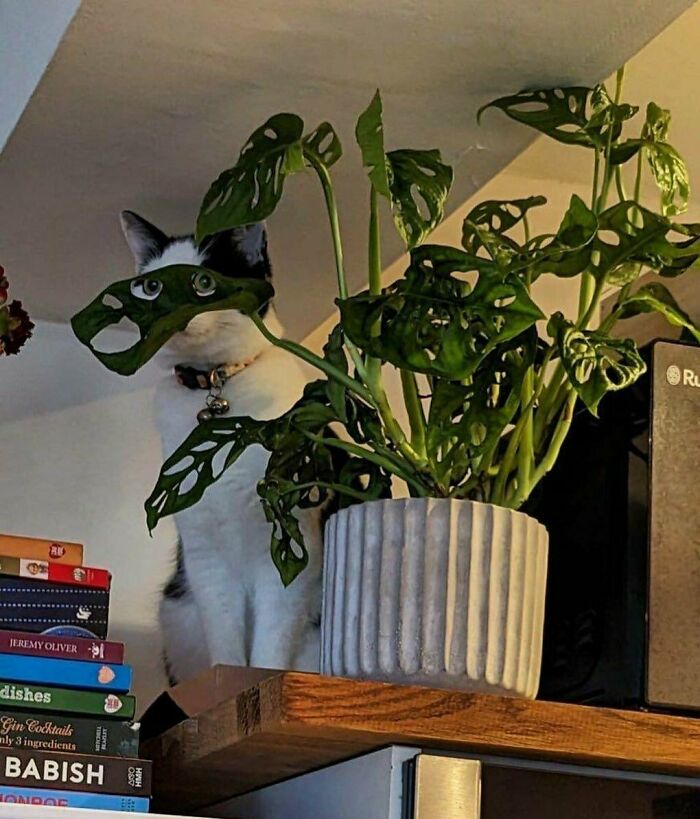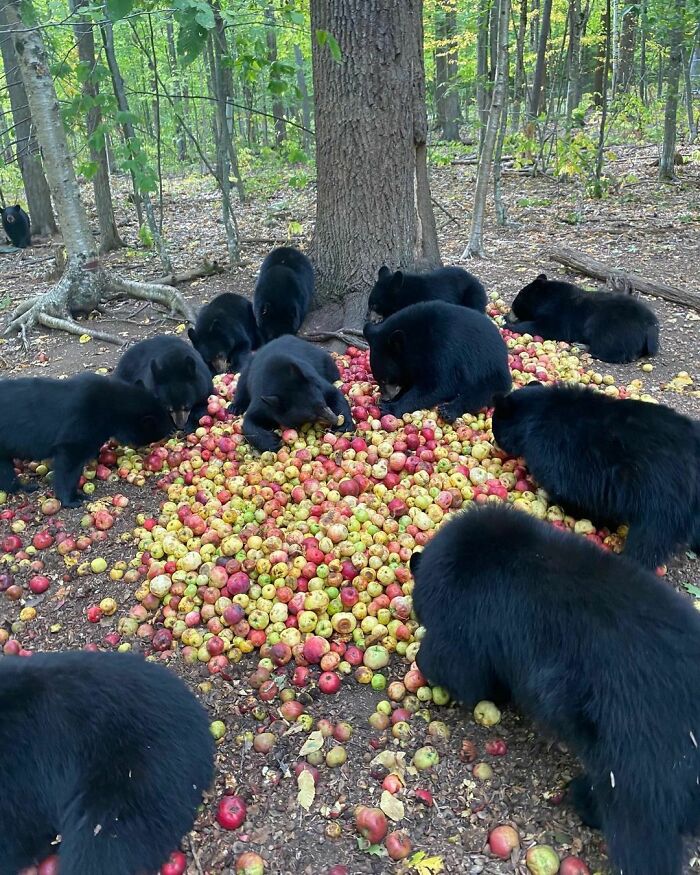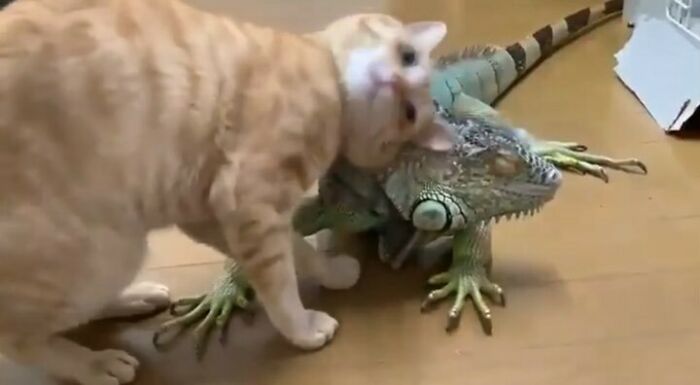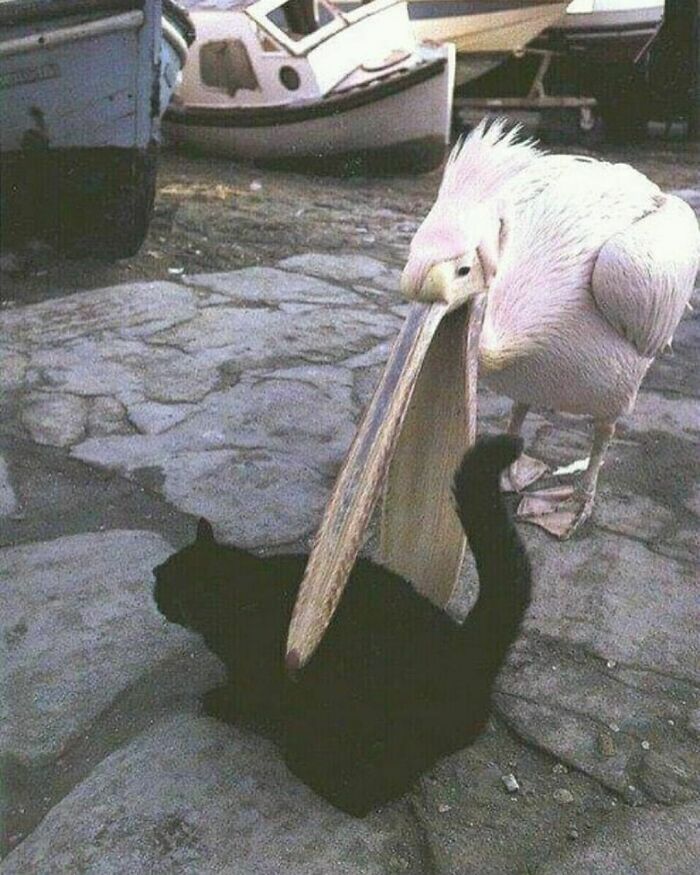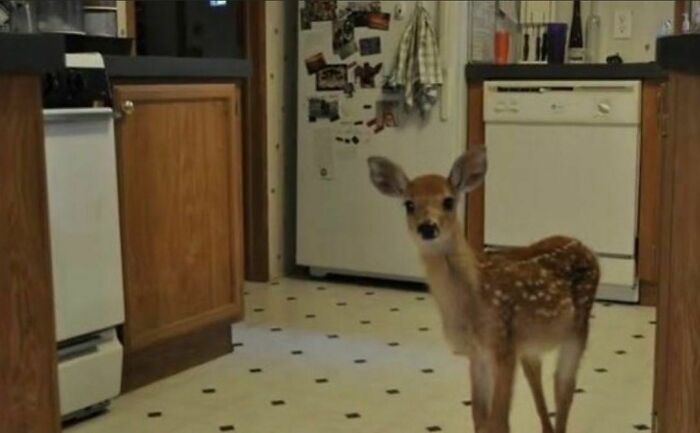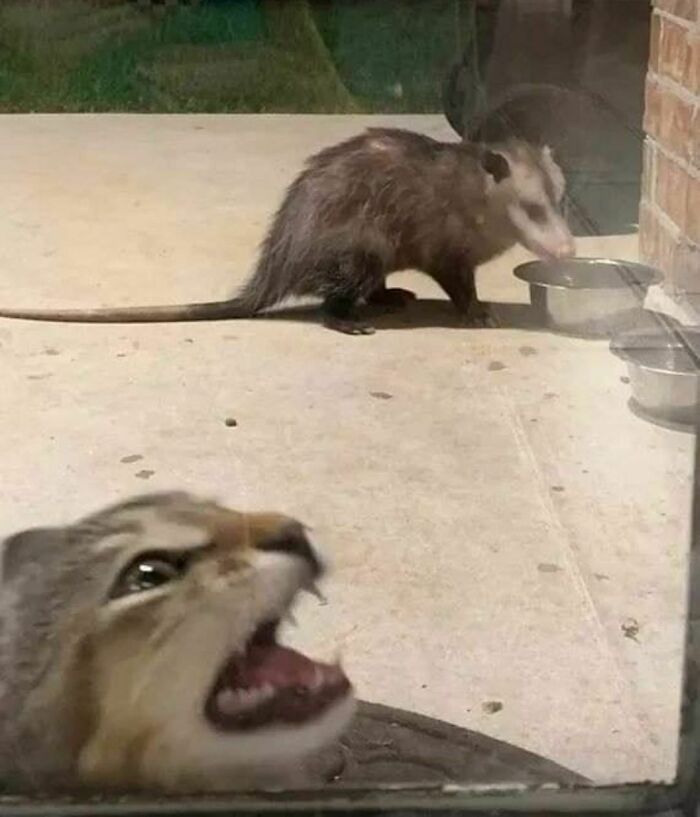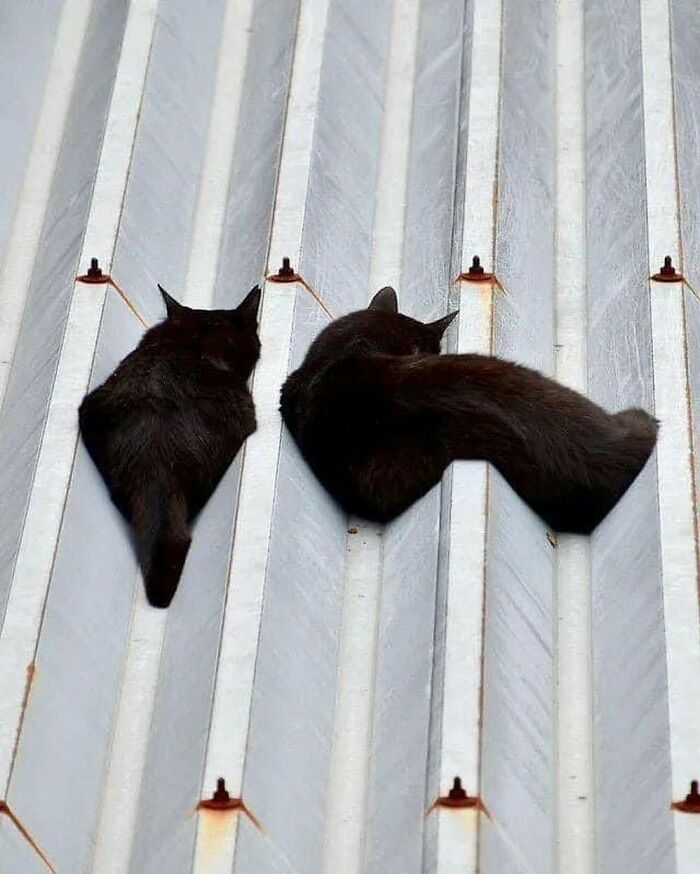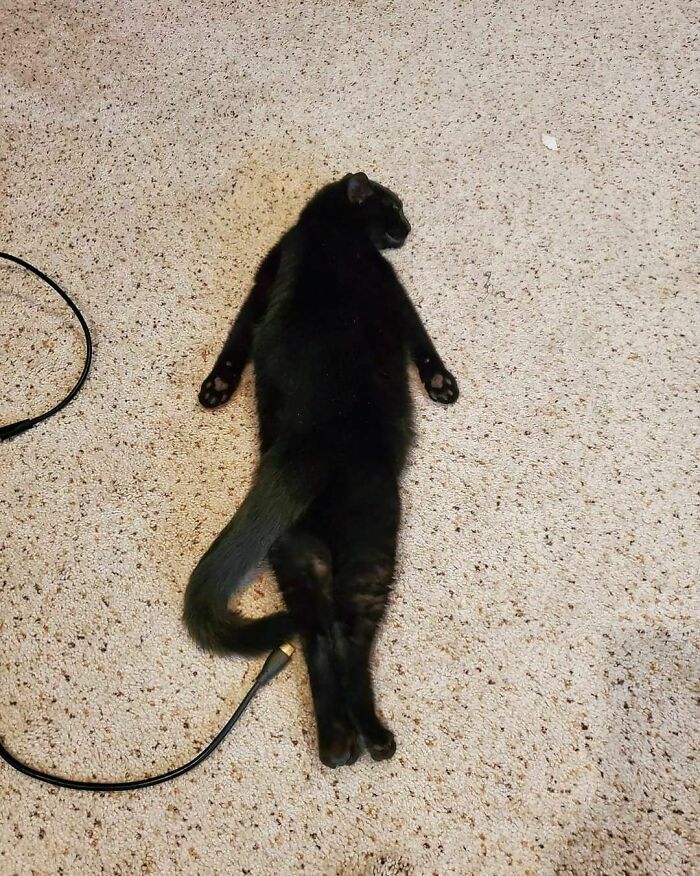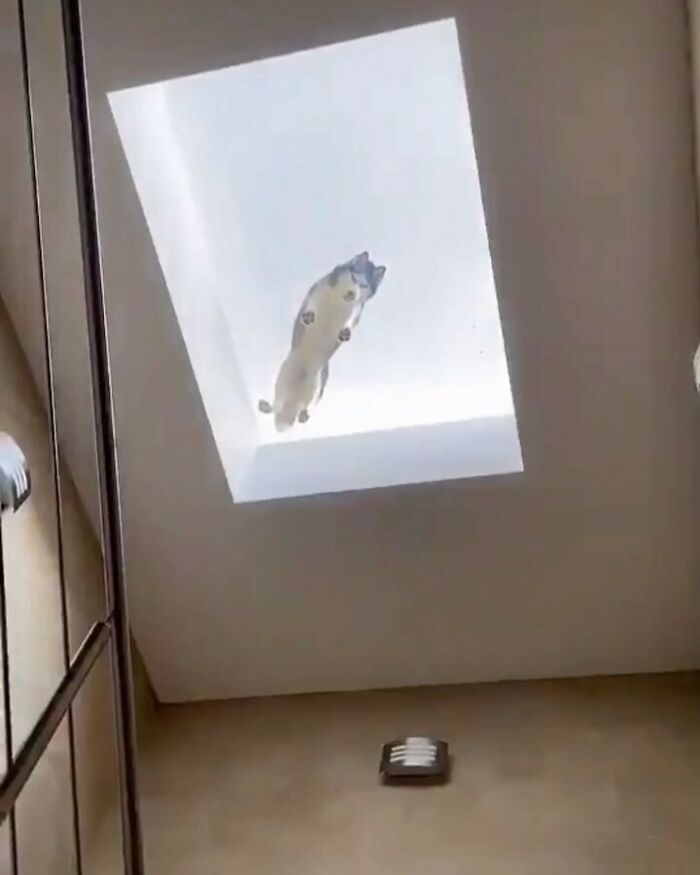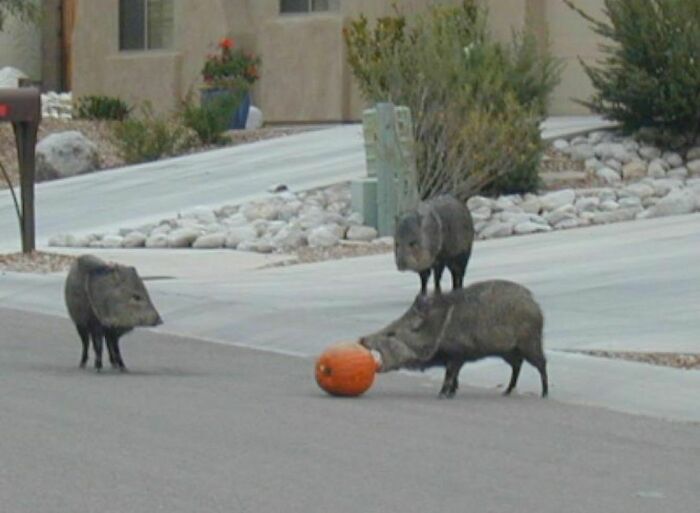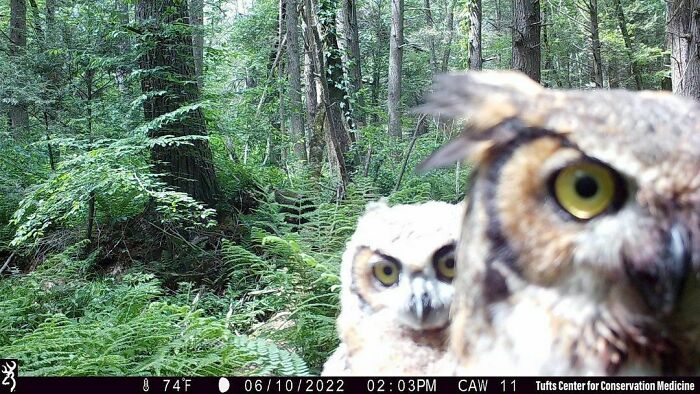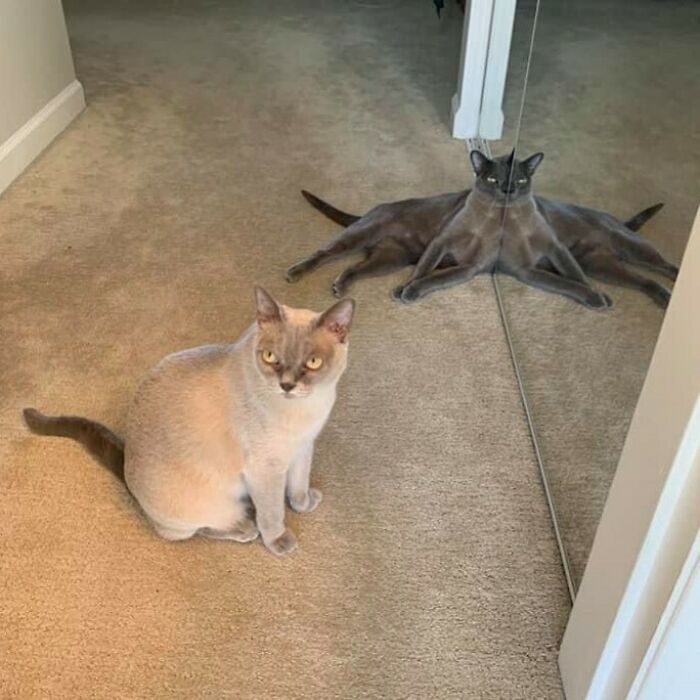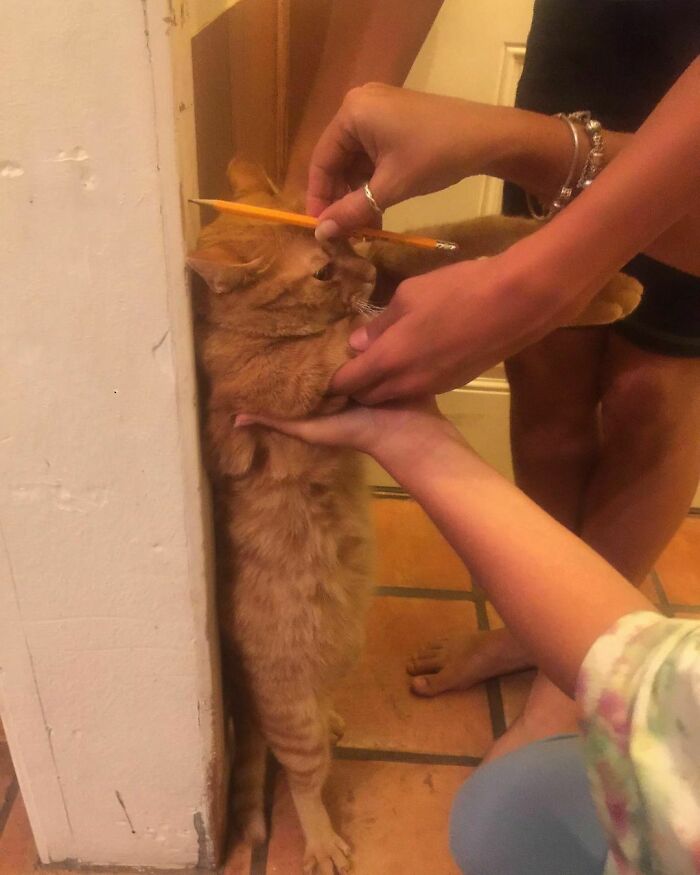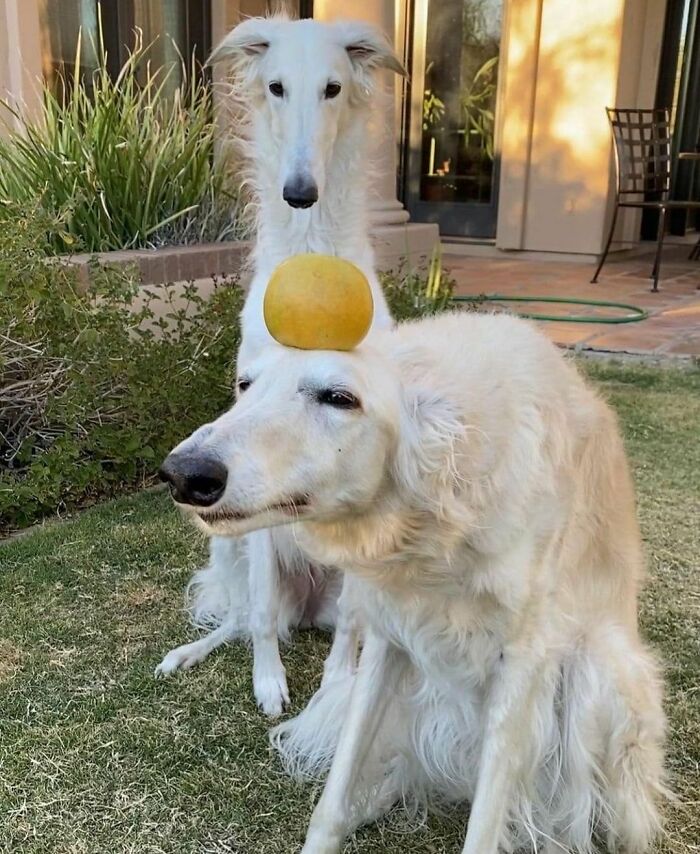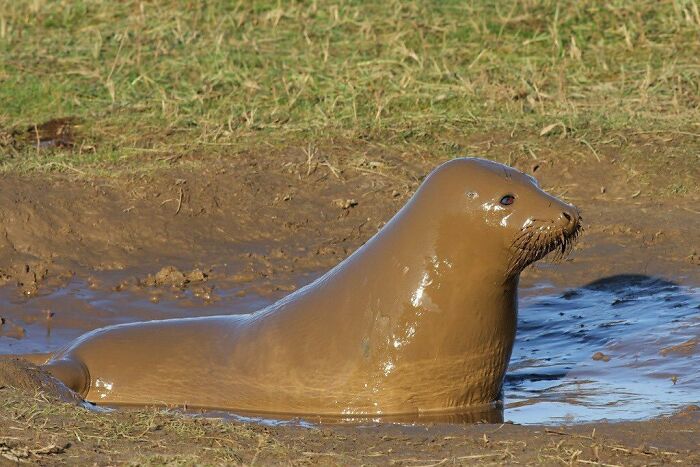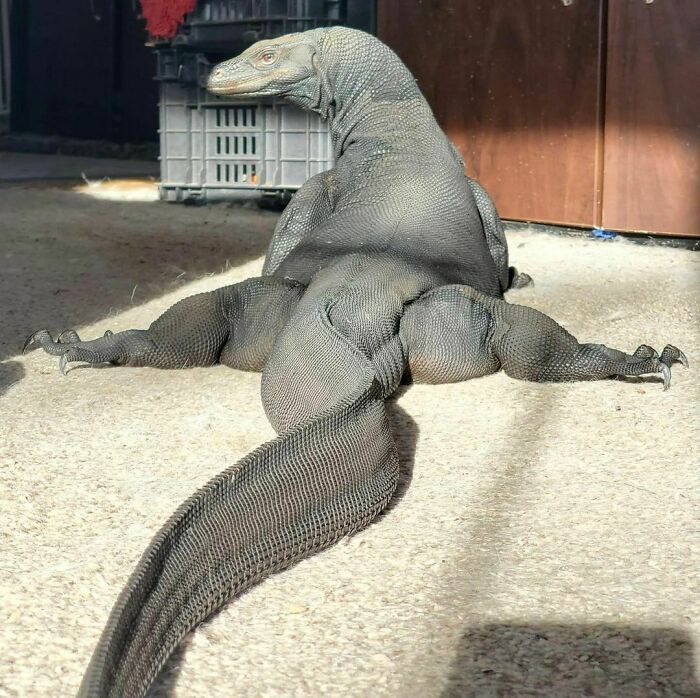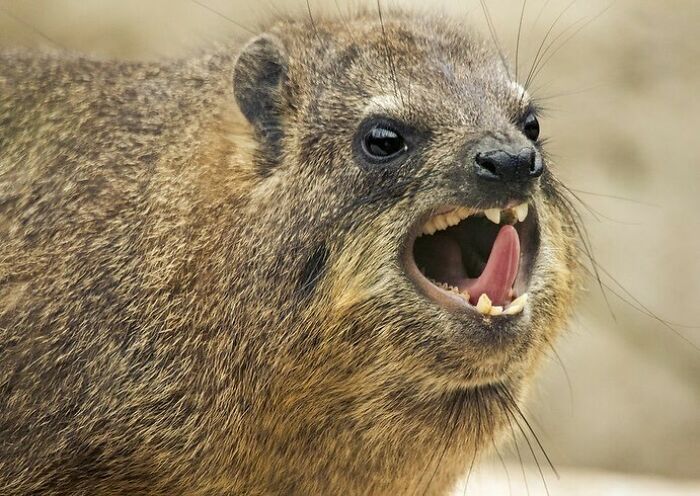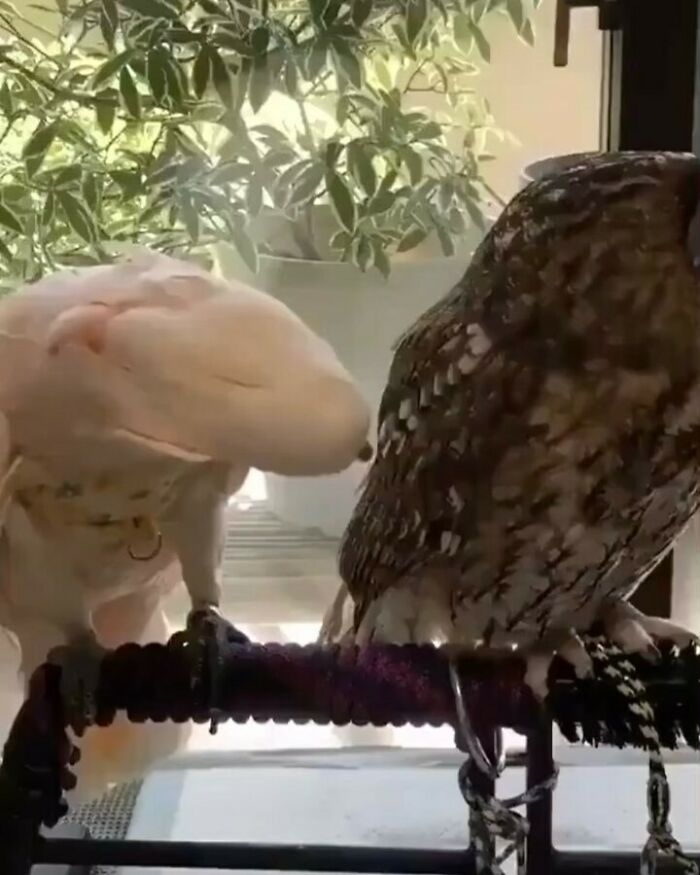Surprising an avid internet user is a challenging task, as it might seem like they’ve seen it all. Yet that doesn’t mean it’s impossible to make them laugh, and there sure is plenty of content out there to do that.
Examples of such material are often shared by ‘Hot Priest’, an Instagram account dedicated to random pictures that are amusing even with no context. Covering everything from visual coincidences that couldn’t have been timed more perfectly to pictures of people and animals acting plain weird, among other things, the account has already amassed over 24k followers. Scroll down to browse some of their posts below and see if you might become one of them.
This post may include affiliate links.
Thank you. No one needs to see that while innocently strolling through Bored Panda.
Started just over five years ago, in September of 2018, the ‘Hot Priest’ Instagram account has already shared over two thousand posts; but considering the vastness of the plains of the internet, that’s just a small fraction of all there is to see.
Yet even with such an indescribable amount of online content, we don’t lose interest, likely partially driven by a sense of curiosity—a trait shared by many a great mind, though, at the same time also being the one that supposedly killed the cat.
This is one of the few beings who can wear this cap and make that a true statement.
Research suggests that curiosity is an aversive cognitive state, which is caused by an information gap, which consequently promotes active seeking of that missing information. That’s why curiosity is considered one of the main developmental forces from a very early age.
For example, a child who doesn’t know how a certain toy works tends to try and analyze it to the extent that they are capable of at the given age; they shake it, toss it around, or try to taste it if need be, this way learning new information about it led by curiosity.
A survey of US parents with kids ages 5 and under found that the absolute majority of them believe that curious children excel beyond the less curious ones. It also revealed that watching the little ones explore something new makes moms and dads feel better about them themselves, as it reportedly makes them feel more confident in their parenting skills.
Children’s curiosity goes far beyond playing with toys, though, and helps them develop all sorts of skills. Take talking, for instance. A lecturer in language and communicative development at the University of Manchester in the United Kingdom, Katherine Twomey, pointed out that when they first start learning to express themselves vocally, they use systematic babbling as a form of exploration.
When they’re just a few months old, the babies start making all sorts of repetitive speech-like sounds until they babble something that resembles a thing the parents might utter. "They'll hit on something and think, 'That sounds like something my mum or dad would do’,” Twomey told Live Science.
The expert explained that such babbling demonstrates the utility of perceptual curiosity, which starts with a haphazard exploration of their vocal anatomy.
Harvard Business Review covered more benefits of curiosity; in addition to enhancing intelligence, it is believed to increase perseverance or grit, and encourage deeper engagement, better performance, and more meaningful goals.
The authors or the article also emphasized the importance of viewing curiosity as something that consists of several dimensions—we’ll get to them in a second—instead of regarding it as a single trait. That’s because based on the groundwork laid by previous research, they came up with a five-dimensional model of curiosity, allowing us to delve deeper into the minds of curious people.
The first of the five dimensions presented by the researchers is deprivation sensitivity, based on scientists Berlyne and Loewenstein’s previous work, which refers to the relief brought by filling a gap in knowledge. The authors pointed out that this type of sensitivity might not necessarily feel great, but it acts as a driving force for people who experience it to continuously solve problems.
The second dimension, known as joyous exploration, refers to the state of being captivated by the world’s fascinating features. Based on professor of psychology Edward Deci’s ideas from the 1970s, this dimension enables people to generate positive experiences.
The third dimension—social curiosity—is built on the fact that people are inherently social beings. Based on the research carried out by psychologist Britta Renner in the early 2000s, it suggests that curiosity is driven by people’s interest in how others think, feel, and act. While for some that means talking, listening, and observing, other individuals might turn to more secretive methods, such as eavesdropping or snooping around.
Stemming from the work of psychologist Paul Silvia, the fourth dimension is stress tolerance, which refers to the ability of exploring the information gaps and wonders of the world people are interested in, despite the anxiety they might cause.
Last but not least, the fifth dimension—thrill seeking—covers people’s willingness to take actual risks (whether physical, social, or financial) to achieve complex and typically intense experiences. Based on psychologist Marvin Zuckerman’s extensive research on sensation seeking, it suggests that thrill seeking individuals aim to amplify anxiety that accompanies novelty instead of reducing it.
The five dimensions are just some of the many subtleties there are to learn about curiosity, showing how multilayered something so seemingly mundane can be. It’s also only one of the numerous possible reasons for people to express interest in different content, be it a book, a movie, or some random pictures on social media.
If the latter is something you enjoy, we have more in store for you: here’s a list of funny and confusing pics posted by the “Images That Require More Context” Twitter account, some random images that are too hard to ignore, as shared by a dedicated Instagram account, and some pics from the internet that are so weird they’re funny, which you can find on this list here. Also, if you’re curious to see some ridiculous and adorable things bears do, we have a little something on that, too.
Philosichu. The Electric philosopher pokemon. "What is the sound of one chu zapping"
thats not bizarre. Bizarre would be if the pelican was NOT trying to eat it.
The raccoon is an imported pet in Korea, not a native. This raccoon cafe would be of more interest to locals and other people (like me) who have never seen a raccoon, rather than Americans.

 Dark Mode
Dark Mode 

 No fees, cancel anytime
No fees, cancel anytime 







